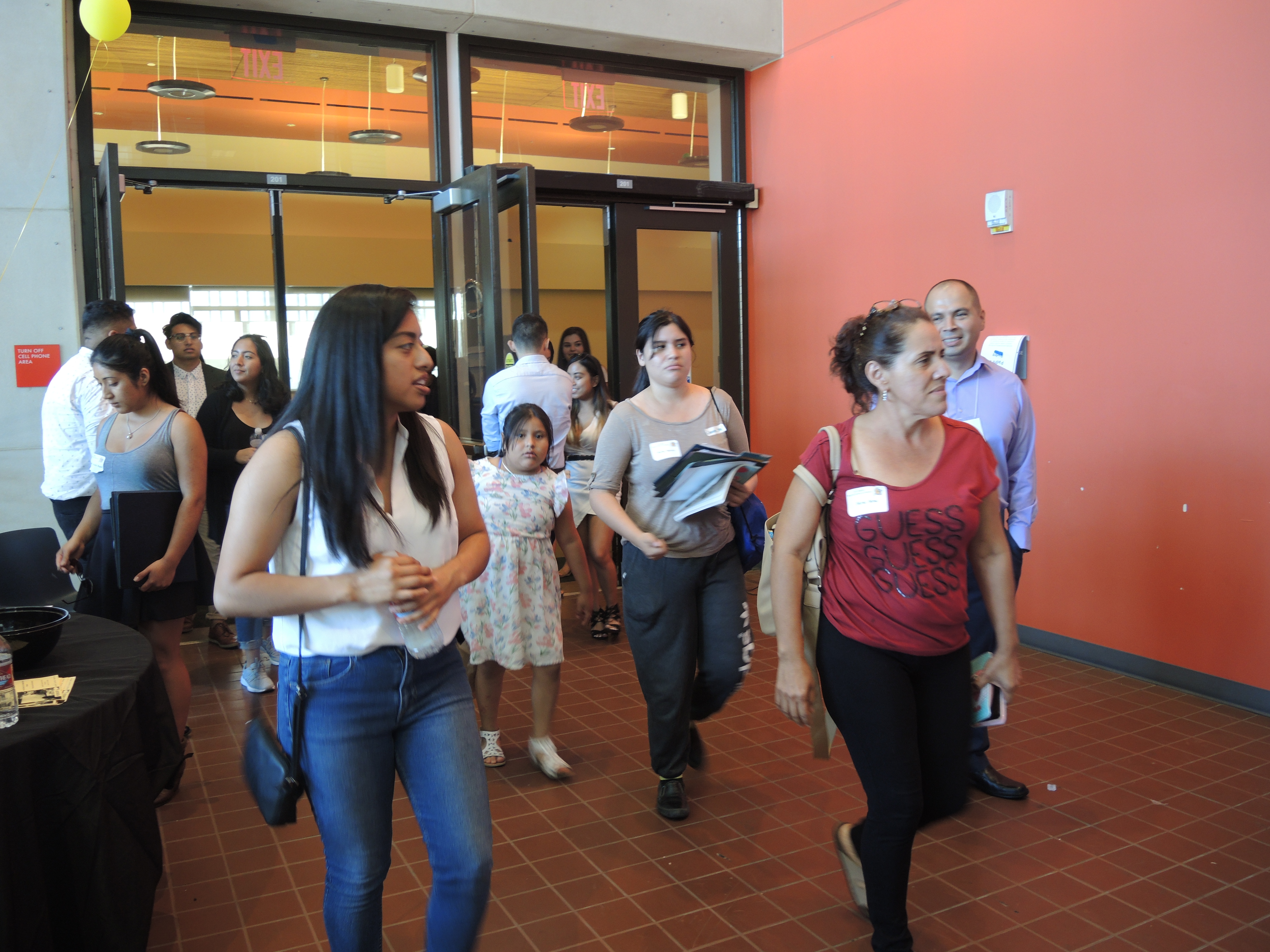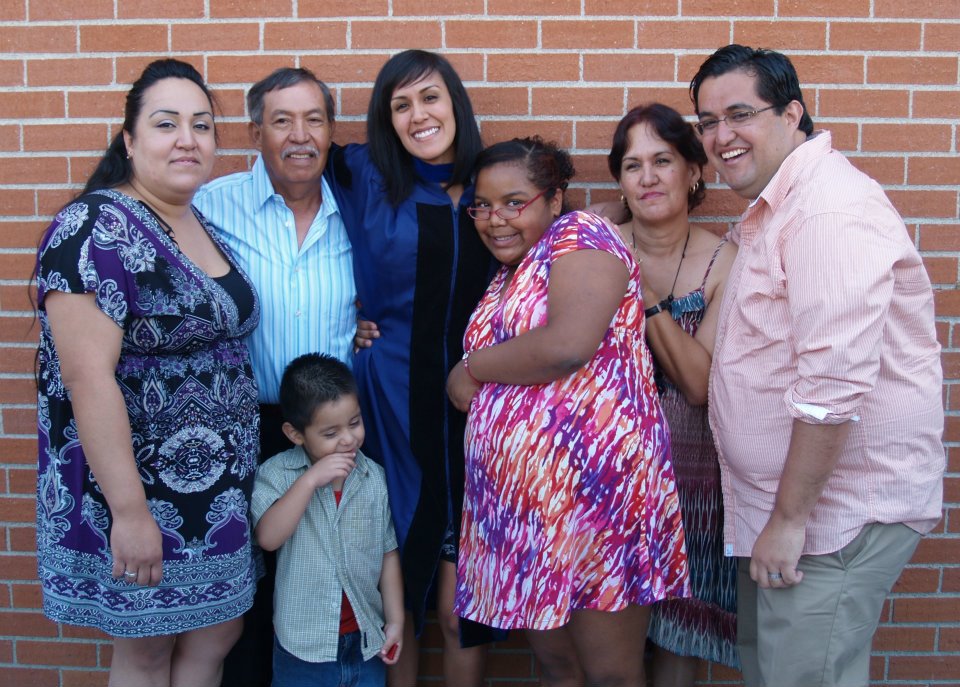You are welcome
Associate professor of psychology Rebecca Covarrubias spent nine long years in Tucson studying at the University of Arizona. While she often visited home, her family visited the university to drop her off for her freshman year, and once again when she graduated with her doctorate. The university was so unfamiliar to them as to be “almost unwelcoming,” she said. “Home was only a two-hour drive away, but it felt like worlds apart.”

It was initially unfamiliar and hard for Covarrubias, too. She now aims to make this cultural mashup—a challenge for many “first-gen” college students like herself—more visible and less stressful.
While universities value independence and intellectual exploration, first-gen college students from racial/ethnic minority backgrounds are often balancing—and are strengthened by—family obligations. They care for siblings, translate at medical appointments, or offer financial support. “A university culture of independence and separation largely renders these connections invisible,” said Covarrubias, whose research focuses on issues of identity, culture, health, and educational quality/access for underrepresented and diverse individuals.

To help bridge the divide, Covarrubias works with the Hispanic-Serving Institutions initiative’s Sense of Belonging team to organize a free, bilingual, half-day conference for low-income, first-gen families to meet parents of graduated students with similar backgrounds. Institutions must also change, said Covarrubias, who serves as faculty director of the Student Success Equity Research Center. “We can give students tools to navigate academia, but we also need to create a culture that reflects students’ varied backgrounds and ways of being.”

